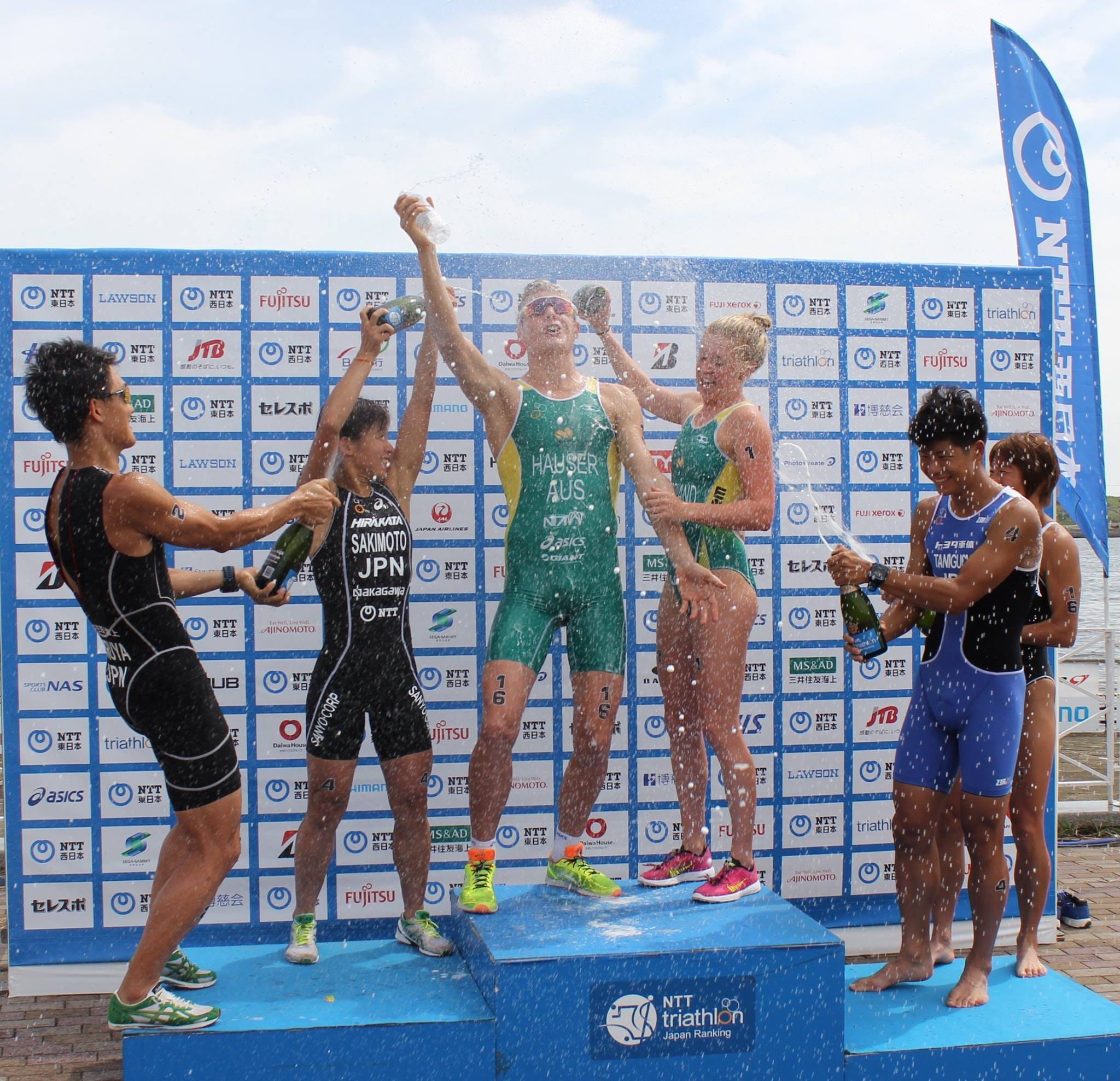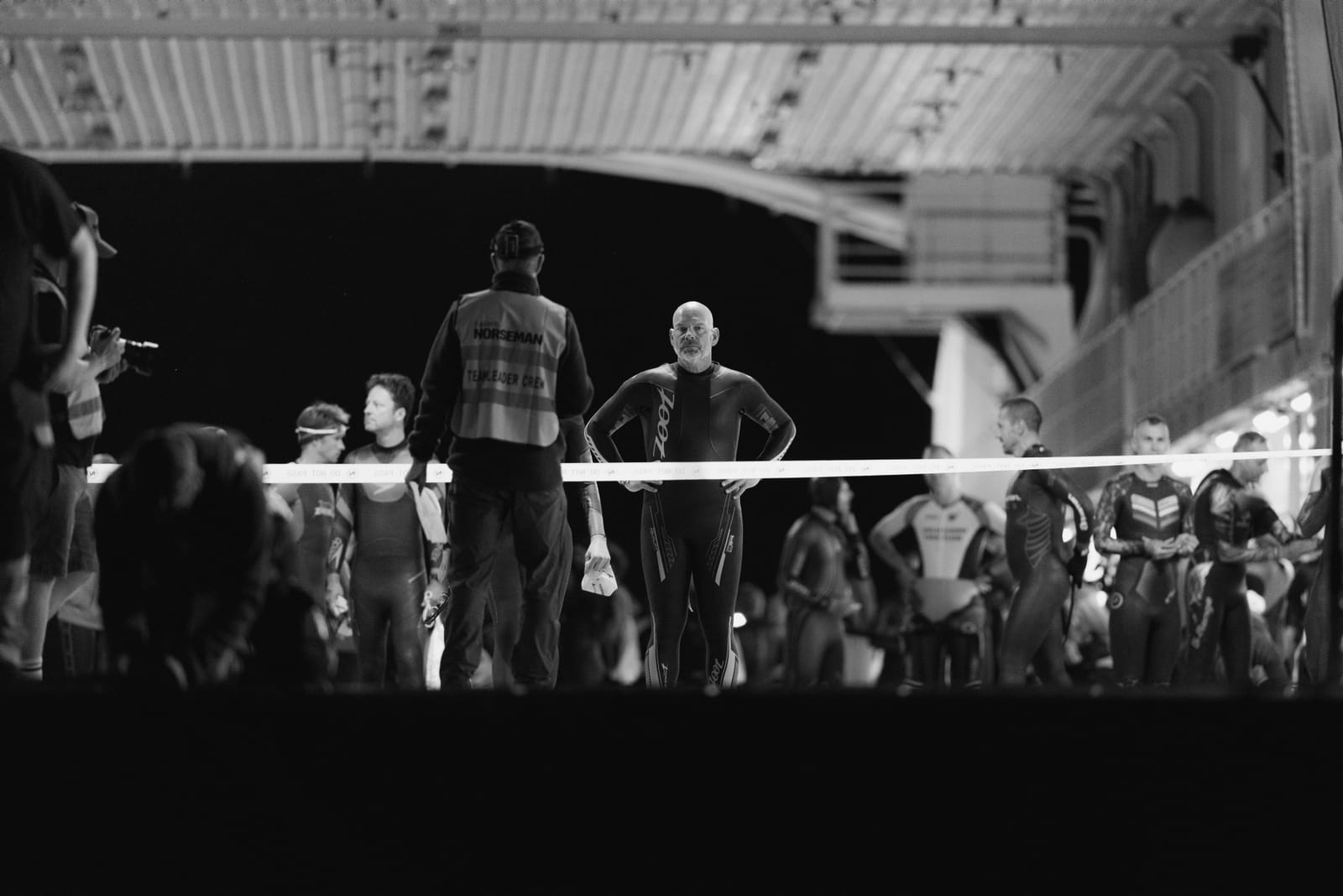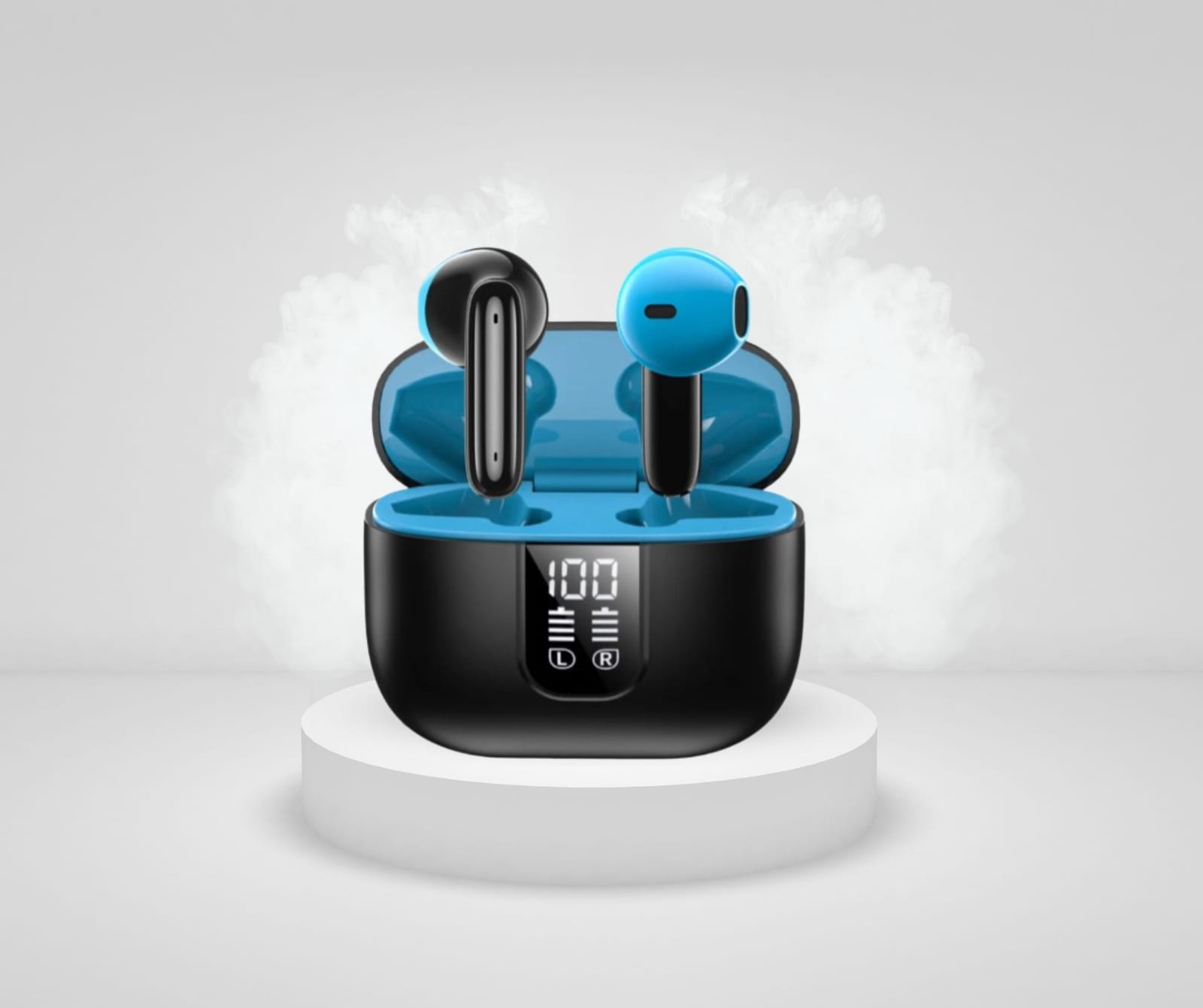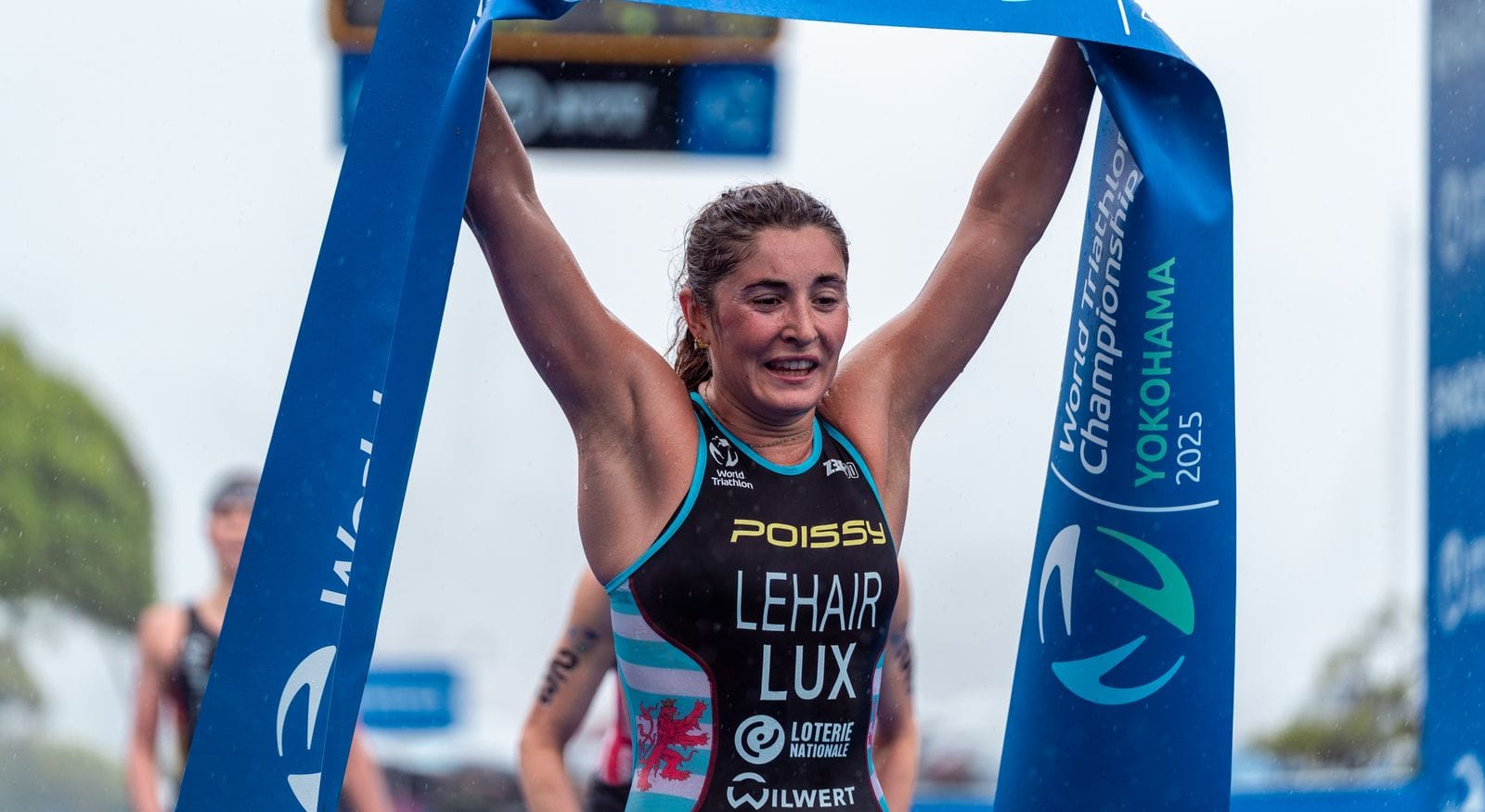Matthew Hauser has the world’s attention after winning the ITU World Cup in Chengdu. Trizone spoke to the nineteen-year-old about his past few years and his plans for the future.
- Matthew Hauser is a nineteen-year-old triathlete who gained attention after winning the ITU World Cup in Chengdu.
- Hauser initially played Australian football (AFL) but transitioned to running due to injuries and a passion for the sport.
- Hauser became a full-time triathlete and moved to the Gold Coast to train with Under 23 Triathlon Australia coach Dan Atkins.
- Hauser faced disappointment in the ITU World Triathlon Grand Final in Cozumel, finishing 45th, but returned stronger after a break.
- Hauser faced challenges in trying to enter the world's first Super League event on Hamilton Island due to his age, but eventually competed and placed well in the triple mix and Eliminator events.
AFL sparks a love of sports
Matt Hauser, like many impressive triathletes, has always been a passionate sportsman, starting with Australian football (AFL) “I loved footy, and even got into the Brisbane Lions Academy, but I had to choose between running and AFL,” Hauser told Trizone.
“I was getting a few injuries and concussions from footy, but I was also passionate about running. I was getting really into cross country and even set the state record for the 3km,” Hauser said.
At the first crossroads of his young sporting career, Hauser chose running over AFL and his journey towards triathlon began. After a few years, Hauser was showing incredible promise, and he made the transition to becoming a full-time sportsman.
Transition from school sport to full time sport
“Triathlon and running used to be a thing I did between school terms, then it became my full-time job,” Hauser told Trizone. “I moved to the Gold Coast one year ago to train under Dan Atkins; the key Under 23 Triathlon Australia coach.”
This key turning point was also inspired by Calvin Quirk, who’d just recently left triathlon. “I just joined the squad when he moved away from the sport. I knew I’d come into triathlon through a similar pathway to him, and it made me question my own pathway and my longevity in the sport.”
“Calvin Quirk leaving triathlon helped me think about what I really wanted in the sport.”
Disappointment creates strategy at ITU World Triathlon Grand Final in Cozumel
Years of training gained laser focus when Hauser entered to race the 2016 ITU World Triathlon Grand Final in Cozumel. “A lot didn’t work out quite right during the preparation. The process of having that goal in sight damaged me mentally I think. There wasn’t anything tp offset focus or racing strategy,” said Hauser. “I would have liked to have raced a lot more before Cozumel, but the pressure just built up, and by the time Cozumel hit, it was like a thunderstorm for my body.”
Hauser finished 45th in Cozumel, but he wasn’t thrilled with his result despite the fiercely competitive field. “That experience was motivating for me. I took a break after that race and came back stronger,” said Hauser.
With Cozumel behind him, Hauser started looking to the future but he realised he needed to make a change. “I knew I needed to race a triathlon, not just swim, bike and smash the run because that’s my strong point,” said Matt Hauser.
Hauser’s team fight red tape to enter Super League
Matt Hauser was already on the radar as one of the up-and-coming stars of international triathlon by early 2017, and the world’s first Super League event wanted him to enter. “I was contacted one month before Super League on Hamilton Island, but the ITU said I was too young. They said juniors were not mature enough to race at that level and for that amount of prize money,” remembered Hauser.
Devastated at the idea of missing out on joining the world’s first high speed, high intensity, and highly televised triathlon event, Hauser encouraged his team to change the ITU’s mind. “I’m so grateful to those guys who went into battle for me,” Matt told Trizone.
He was thrilled to join the event but found the races extremely tough as did all the athletes.
The triple mix cut me up like a plate of sushi.
“I didn’t catch my breath until the last race. The massive hill out of the transition hit me the hardest,” remembers Hauser. “The last super sprint started with the bike leg, and I was able to hold on. That really helped me, I ended up swimming one of the fastest swim legs and finished 6th or 7th in the final triple mix.”
It was the final day, the Eliminator, that Hauser really worked for thanks to its game-show style elimination design. “I ended up being 15 seconds behind the leaders because I didn’t want to be eliminated. I went from 21st to 10th on the day. Part of me wanted to make the final, and part of me wanted to have a break, I was glad in the end that [Ryan] Fisher made it.”
Super League was a world-first for all the athletes involved, but the calibre of racing and the intense style was definitely a first for Hauser. “Being exposed to world champions and Olympic champions and the style of their racing was amazing. The organisers treated us like superstars and we were given every opportunity to race our hearts out for the viewers. I watched it later, and I was so impressed by the whole thing,” said Hauser, almost forgetting he was one of the most impressive athletes in the event.
Chengdu on the horizon for Commonwealth Games selection
Hauser and his coach Dan Atkins had chosen Chengdu as a significant race for Matt thanks to its super sprint format. “We picked Chengdu as a potential Commonwealth Games qualification as the format is similar to the relay race and solo competitions of the games,” Hauser told Trizone. “It was a good race for me at the start; I came out of the water about sixth. I knew not to overdo it on the bike after the Gold Coast, and I had a new strategy.”
This strategy came into play in a big way in China at Chengdu. “We only did two big speed sessions in the weeks leading up to the race,” Hauser told Trizone, “In the super sprint format, you can’t afford to lapse in the key moments. My running tactics are quite good, and I knew I just had to execute that.”
On day one at Chendu, Hauser was running at a low 15:10, and happy with his performance. “I was able to conserve a lot of energy for the next day which gave me a lot of confidence post Gold Coast,” said Hauser. “The race was a blur. It was only 26 minutes long, the whole race! I was feeling really good. I saw some people go off the front early and waste their energy on the bike.”
Matt Hauser had been refining his bike skills, but his running had always been his strong point and Chengdu was no exception. “When I hit the run and I didn’t really believe I could win it until 600m to go when I broke away. I could feel Petsov breathing down my neck, but with 300m to go, I broke away further and held on from there,” remembers Hauser. “So often it comes down to a sprint, but I think if you can avoid that it’s best. That’s why I broke away earlier.”
Training with Paratriathletes give Hauser’s team a boost
Dan Atkins trains both the junior Australian triathlete team, and the paratriathlete team, and Hauser is loving the combination. “We gel together as a group really well,” said Hauser, “Nick, one of the para-athletes, is a great mate of mine now and we chat all the time. Training all together is a really big boost mentally for the overall morale of the group,” said Hauser. “They work their assess off, and our professionalism in able-bodied triathlon motivates them, and their hard work motivates us.”
Always humble, yet keen to prove his ability to himself, Matt Hauser is no longer an up-and-comer in triathlon, he’s arrived.







